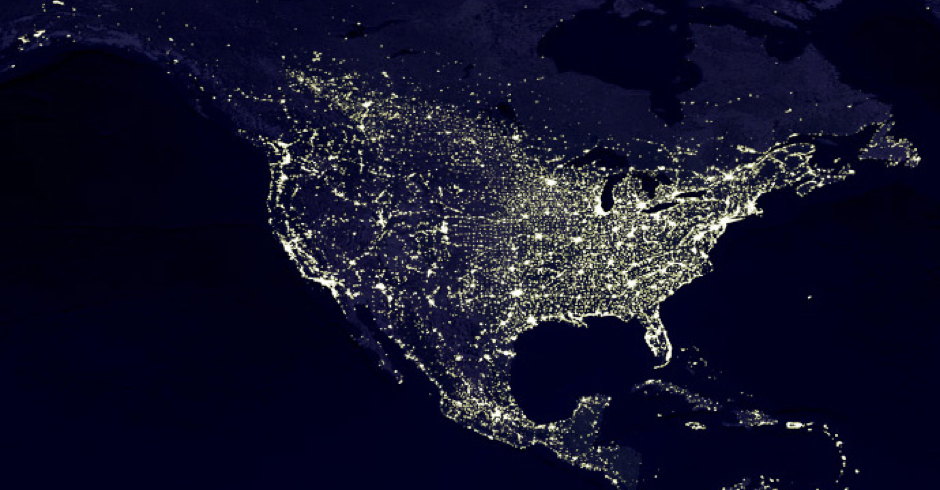News
Millions on Gay Dating App Grindr Have Had Precise Location Data Sold to the Highest Bidder for Years: Report

The precise location data of millions of users of the popular gay dating app Grindr has been for sale to the highest bidder for years, allowing purchasers to micro-target them for ad purposes, while making available possibly intimate details of their movements.
Those “precise movements,” The Wall Street Journal reports, “were collected from a digital advertising network and made available for sale,” since at least 2017. Grindr says it stopped the flow of the location data to advertising networks two years ago. Historical information may still be available.
Grindr, considered one of the first “geosocial” internet apps for LGBTQ people, was publicly released in 2009. It allows users to see other users’ profiles and sort by distance.
“The commercial availability of the personal information, which hasn’t been previously reported, illustrates the thriving market for at-times intimate details about users that can be harvested from mobile devices,” The Journal adds, noting a “U.S. Catholic official last year was outed as a Grindr user in a high-profile incident that involved analysis of similar data.”
The data for sale does not include names or phone numbers, but it is specific enough so those with access to it can “infer things like romantic encounters between specific users based on their device’s proximity to one another, as well as identify clues to people’s identities such as their workplaces and home addresses based on their patterns, habits and routines, people familiar with the data said.”
The Journal cites general concerns from national security officials “about the intelligence risks from commercially available information.” It also notes concern over the potential for blackmail.
“The U.S. government intervened to force a Chinese company into divesting itself from Grindr on national-security grounds in 2019—citing the risk of blackmail using the app data and the possibility of the Chinese government using the app’s data for surveillance purposes.”
A spokesperson for Near, the new owner of a mobile advertising company formerly named UM, told The Journal: “Every single entity in the advertising ecosystem has access to the information shared by Grindr and every other app that uses the real-time bidding system. That means thousands of entities have such access.”
In a blog post Monday, Grindr’s VP of Communications, Patrick Lenihan, calls the Journal’s report “old news,” and suggests the Journal is “[v]ictimizing LGBTQ+ people” by running “a sensationalized story.” He adds Grindr has “put privacy before profit.”
But it’s important that users know how their data was used or misused, even historically.
Read the entire report here.
This story has been updated to include Grindr’s public response to the Journal’s report.
Image by NASA Goddard Space Flight Center via Flickr and a CC license
Enjoy this piece?
… then let us make a small request. The New Civil Rights Movement depends on readers like you to meet our ongoing expenses and continue producing quality progressive journalism. Three Silicon Valley giants consume 70 percent of all online advertising dollars, so we need your help to continue doing what we do.
NCRM is independent. You won’t find mainstream media bias here. From unflinching coverage of religious extremism, to spotlighting efforts to roll back our rights, NCRM continues to speak truth to power. America needs independent voices like NCRM to be sure no one is forgotten.
Every reader contribution, whatever the amount, makes a tremendous difference. Help ensure NCRM remains independent long into the future. Support progressive journalism with a one-time contribution to NCRM, or click here to become a subscriber. Thank you. Click here to donate by check.
 |



























